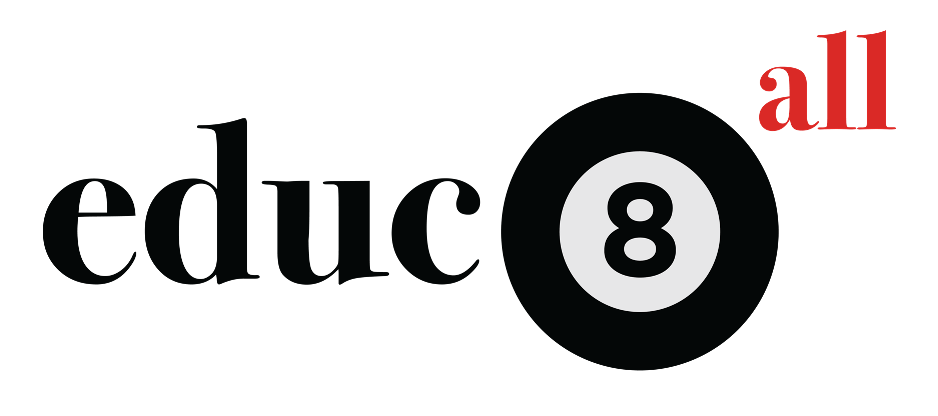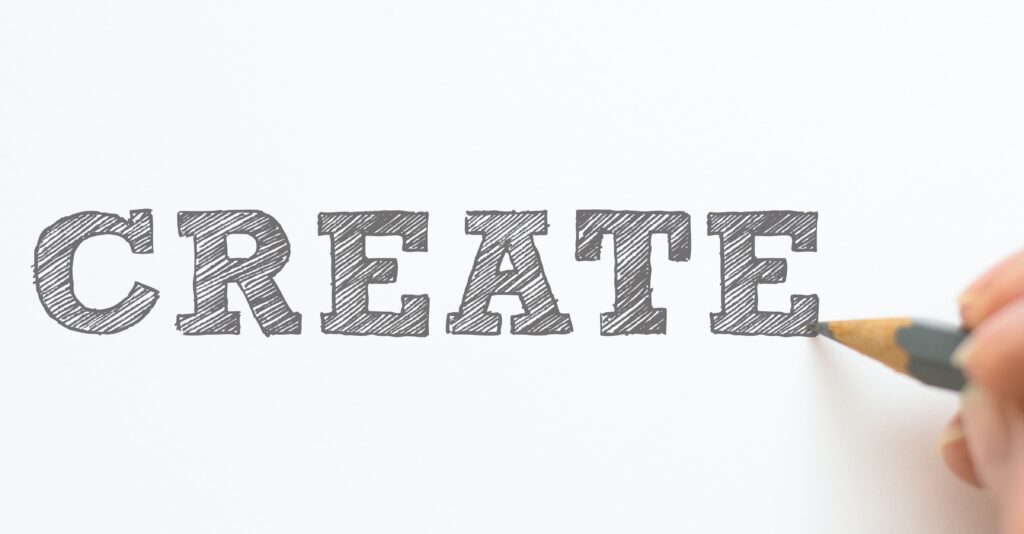
Epistemology
Epistemology. Scary looking word, isn’t it?! Let’s see if we can introduce this area to you and explain why it is important.

The definition looks like quite simple though so what brings the complexity? Let’s consider this by looking at an example.
Rubber pencil trick
Have you tried the classroom trick of making your wooden pencil appear to be flexible like rubber by holding it between your thumb and index finger and “wiggling” it up and down? No idea what we mean? Take a look at the video below:
Now suppose that two people were present for part of the presentation of this trick, performed by Charlie and partly witnessed by Ajay and Beatrice. Suppose Ajay only saw the pencil when it was straight and solid-looking. Suppose Ajay could not believe that someone was going to do a magic trick with a wooden pencil and left before he saw the trick itself.
Now suppose that Beatrice only saw the pencil when it was flexible and rubber-like. Suppose she did not know that magic trick was ongoing and couldn’t understand why an adult was playing around with a rubber pencil and this way and left before the magician showed its true state of being a firm, wooden pencil.
Both Ajay and Beatrice observed the same pencil but had difference conclusions about how flexible the pencil was. Suppose you spoke to both and Ajay and Beatrice and came to know that they witnessed the same trick. Would you conclude that the stick was flexible or inflexible? Whose perception would you give priority to? Would you want to hold the pencil before deciding? Suppose you held the pencil and found it to be inflexible but then performed the same motion as the magician and observed the pencil to be flexible. In this situation, would you trust your sense of vision or your sense of touch?
What if you found it difficult to trust your senses due to the conflicting messages you were getting and decided to use reason. Suppose your use of reason led you to the conclusion that the pencil is in fact inflexible. What would be the justification for prioritising reason over your senses? Once you’ve decided one way or the other, would you say that you know the pencil to be [flexible / inflexible] or simply believe it to be?
Key concepts
Here is a quick overview of some of the key concepts from an epistemology perspective that we were in effect exploring above.
- The traditional definition of knowledge is that it is justified true belief. This can be represented as shown in the diagram below. It’s worth refreshing some definitions that you will be familiar with:
Truth: a property denoting accordance with facts or reality.
Belief: an attitude a person regarding something they consider to be true.
This particular formulation of the relationship between knowledge, truth and belief has been challenged (see the Gettier Problem) but the construct is one which can provide a framework for appraising assertions that are made e.g. suppose a friend thought they had won an election but there was available information to suggest that they had not.
2. Knowledge is usually divided into the following categories:
- “Knowing that” is considered to be propositional knowledge, for example, knowing that if you jump up, you will return back to the ground.
- “Knowing how” is about the understanding of how to perform certain actions, for example, how to jump.
- “Knowing by acquaintance” relates to familiarity with a place, person or thing, for example, the way your carpet feels when you walk on it with bare feet.
3. Can something only be considered knowledge if it is presented in a way that means that one is currently aware of it (e.g. in a test)? Epistemologists would consider this to be occurrent knowledge and would cite the concept of dispositional knowledge to expand the types of knowledge. Dispositional knowledge is that which one may not be thinking of at a particular point in time but which could be called upon if required. For example, you may not be thinking of the address of your place of work right now but could provide it if requested.
4. Some of the questions in the rubber pencil trick example focused on exploring the tension between knowledge that we gain through experience and knowledge we gain through reason. This distinction gives rise to two key terms:
- A priori knowledge is acquired independently of experience e.g. reason.
- A posteriori knowledge is acquired through experience (i.e. it is empirical).
These are only a few concepts and avenues of philosophical enquiry that hopefully give you an idea of what this area of philosophy is concerned with. It’s an interesting area to explore and it’s good to see that these concepts are taught as part of the Theory of Knowledge (TOK) unit within the International Baccalaureate Diploma Programme. Beware of the Dunning-Kruger Effect though if you now think you fully get it.
Application
Why are these epistemology concepts important? Well, what we know (point 2 above), how we come to know this (point 4 above), how what we know relates to reality and our conviction in what we know (point 1 above) and how we can check if we have this knowledge (point 3 above) can all be considered to be part of our learning journeys. Being aware of this is important to informing teaching practice as well as metacognition.
Moving from epistemology theory to practice (insofar as an article can), let’s think about how you might apply these examples. If you’re a teacher or tutor, you may wish to consider a topic that students struggle with and consider whether any of the above changes the way you would teach this tricky area. If you’re not a teacher or tutor, consider the following example: how would you teach a child that you’d only just met that the Earth is spherical in shape? Would your approach change if you were speaking to a Flat-Earther?
You can find the next post in our a2z series of important education terms and concepts HERE.







Responses